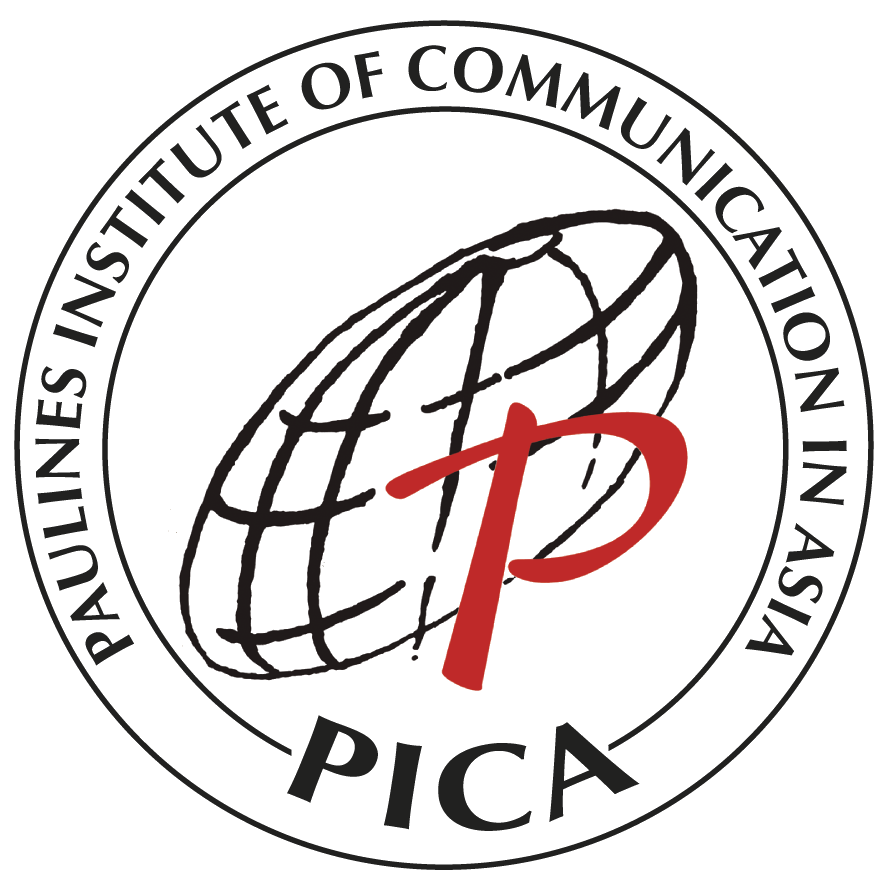Exposure to the Internet can be both a help and a threat. Media literacy can properly guide its users.
 One of God’s greatest gift to humanity in the 21st century is the Internet. It is overwhelming how at the click of the mouse before a computer screen one can access the world, visit places, talk to people, have intimate conversation with one’s family.
One of God’s greatest gift to humanity in the 21st century is the Internet. It is overwhelming how at the click of the mouse before a computer screen one can access the world, visit places, talk to people, have intimate conversation with one’s family.
The Church recognizes the gift of Information Communication Technology (ICT) through her Pastoral Instruction for the Means of Social Communication Aetatis Novae, 1992. She recommends that the need media such as the Internet be used for the growth and development of persons. Internet access is not only through computer screen but also through new media like Ipod and Iphone, which are very handy for the user to bring anywhere at all times. The progress of ICT manifests the ingenuity of human beings.
Benefits of Internet
All mass media and new media converge in the Internet. You can listen to your favourite radio station, watch a television show at your convenient time, view a good film after missing it on a big theatre, download latest pop music, read articles of newspapers to follow new stories, and many more. Program contents are available to the surfer either for free or with minimal fees. Internet provides a library of information in audio visual form and surfer can be interactive with the source. It makes on line library most convenient for teachers and students, and anyone who does research or needs to know about specific subject matter. The number of websites and blogs is steadily increasing and has reached to millions around the globe.
Internet can be a great school of learning; non-traditional teacher who are inter-active in their approach can guide individuals, families, community, society and nations. Are not these great opportunities for learning? Life is an ongoing study so that we can understand and appreciate ever more the beauty of God’s creation. We are given the freedom to explore the world but we have to use technology wisely for our personal growth and development, and those of others. However, if so much benefits are offered by Internet, we have to be aware of the great dangers present also online.
Dangers and threat in the Internet
Internet access is usually individual and private compared to radio listening, TV and film viewing. Others cannot easily monitor what is on screen unless sitted before a computer or looking at the same Ipod or Iphone. The materials being accessed are digital unlike newspaper and magazine. It is easy for anyone to visit websites and blogs unnoticed.
Though access to enormous information is available, Internet does not always guarantee reliability. Know the source is a must before one can believe any given information on line. Different forms and faces of evil in various categories are made available to the surfers. Those who are not well founded in their moral and spiritual values can be carried away, mesmerized and disillusioned by what ICT offers to the audience.
Therefore, surfing the Internet calls for maturity and responsibility. Children and teenagers are taught in school how to use ICT, but they are not given skills to analyze, critique, and evaluate from the perspective of culture and religious values. What happened when they are exposed to many ideas contrary to one’s belief, or to pornography and violence?
Not a few websites and blogs advocate the culture of death that can bring us away from our family, religious belief, value systems and good cultural practices. There is risk in surfing the Internet, but it should not deter us: rather, we are challenged to learn ledia literacy education (MLE) so that we can be guided accordingly and help others too.
Challenge for parents and educators
Computer is already a regular subject in our school system: primary, secondary, and tertiary levels. Availability to children, teenagers and adults are technically made easy; they are taught how to access the Internet. However, it does not follow that they know how to indentify values and disvalues based on Gospel teaching unless given prior instructions in schools and at home.
Internet is so engaging that surfer can forget the time spent before the computer. Over-exposure to ICT can cause neglect of duties towards the family, disregard of school assignment for students, and ineffective performance of responsibilities in one’s career. Furthermore it can lead to other problems of physical and spiritual health.
Media Literacy can help
Internet surfers cannot control any website or blog but they can make a difference if they know what to choose, and then analyze, critique and evaluate their ICT exposure. Media Literacy can provide necessary tools to Internet surfer to make their exposure fruitful and beneficial and hopefully prevent negative and destructive influence. Definitely the Church is concerned of our well-being with regards to our exposure to ICT.

